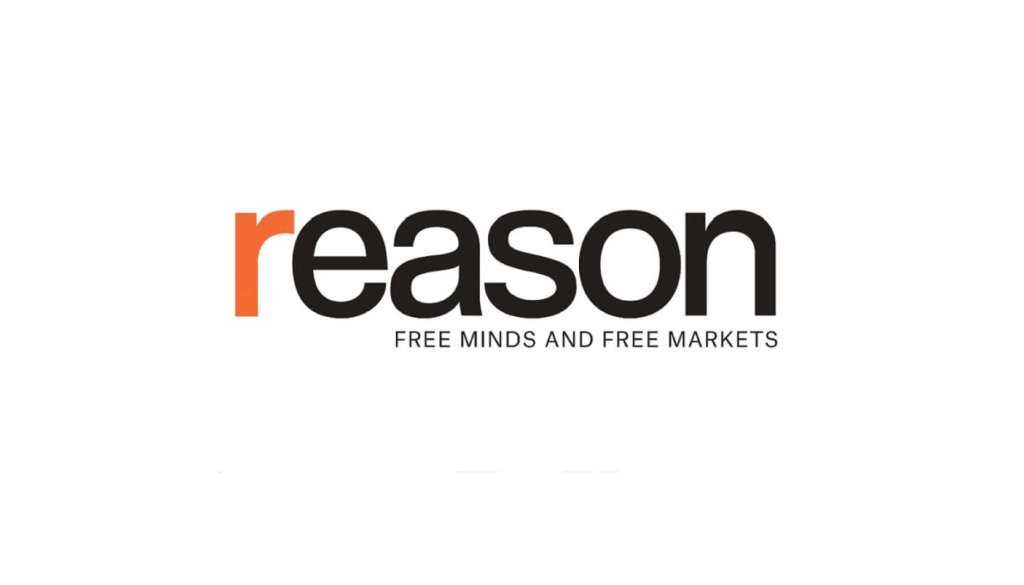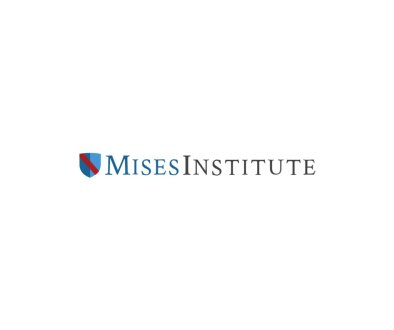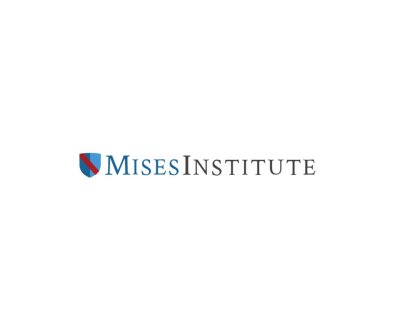Prof. Michael McConnell on The Supreme Court’s Religion Docket
I’m delighted to be able to pass along this item from my Stanford colleague Prof. Michael McConnell (Stanford Law School), one of the nation’s leading scholars on the Religion Clauses:
The Supreme Court has a unique opportunity this Term (or next) to hear four cases with major implications for religious liberty. One case is already on the merits docket—Catholic Charities Bureau v. Wisconsin Labor and Industry Review Commission, which involves a challenge to Wisconsin’s determination that Catholic Charities is not sufficiently religious to qualify for an exemption from the state’s unemployment program.
This Friday, the Court will consider adding three more:
- Apache Stronghold v. United States—in which Native Americans are challenging the federal government’s plan to destroy a sacred site by turning it into a copper mine.
- Mahmoud v. Taylor—in which Muslim parents are challenging a school district’s refusal to notify parents or let children opt out when teachers present controversial readings on sex and gender identity.
- Roman Catholic Diocese of Albany v. Harris—in which religious groups are challenging New York’s mandate to cover abortions in their health insurance plans.
(Full disclosure: I participated in amicus briefs in all four cases.)
While these cases may seem unrelated, they converge on two pressing issues that have divided lower courts, distorted the law, and harmed religious liberty. The Court should hear all four cases. Here’s why.
[1.] Apache Stronghold and Mahmoud present the first issue that has divided lower courts: What kind of “burden” on religious exercise triggers heightened judicial scrutiny?
The Apaches have been worshipping at their sacred site, Oak Flat, since before European contact. Oak Flat occupies a unique role in Apache cosmology as a site of specific religious rites that cannot take place elsewhere. Now the government plans to transfer Oak Flat to a mining company that will destroy it—ending Apache rituals forever. This would seem to be a textbook case of a “substantial burden” on religious exercise under the Religious Freedom Restoration Act (RFRA). Yet the en banc Ninth Circuit, in a 6-5 ruling, held that there is no “cognizable” burden at all. According to the court, “the Government’s management of its own land and internal affairs” does not burden religious exercise unless the government also coerces, discriminates, imposes a penalty, or denies equal rights.
It is, of course, possible that the copper mine would be found to serve a compelling governmental purpose—but RFRA was intended to put the government to the test on matters such as these. I know little about the geological circumstances, but it is often possible to find ways to advance important governmental interest while minimizing impacts on religious exercise.
In Mahmoud, a public school district requires children as young as three to participate in reading and discussion of controversial books on sexuality and gender identity—with no notice to parents and no opportunity to opt out. Muslim parents say that subjecting their children to this instruction violates their faith. Yet the Fourth Circuit held that there is no “cognizable” burden on their religious exercise unless the school “coerces” the children “to change their religious beliefs or conduct.”
Both rulings are counterintuitive. Of course destroying the
Article from Reason.com

The Reason Magazine website is a go-to destination for libertarians seeking cogent analysis, investigative reporting, and thought-provoking commentary. Championing the principles of individual freedom, limited government, and free markets, the site offers a diverse range of articles, videos, and podcasts that challenge conventional wisdom and advocate for libertarian solutions. Whether you’re interested in politics, culture, or technology, Reason provides a unique lens that prioritizes liberty and rational discourse. It’s an essential resource for those who value critical thinking and nuanced debate in the pursuit of a freer society.




